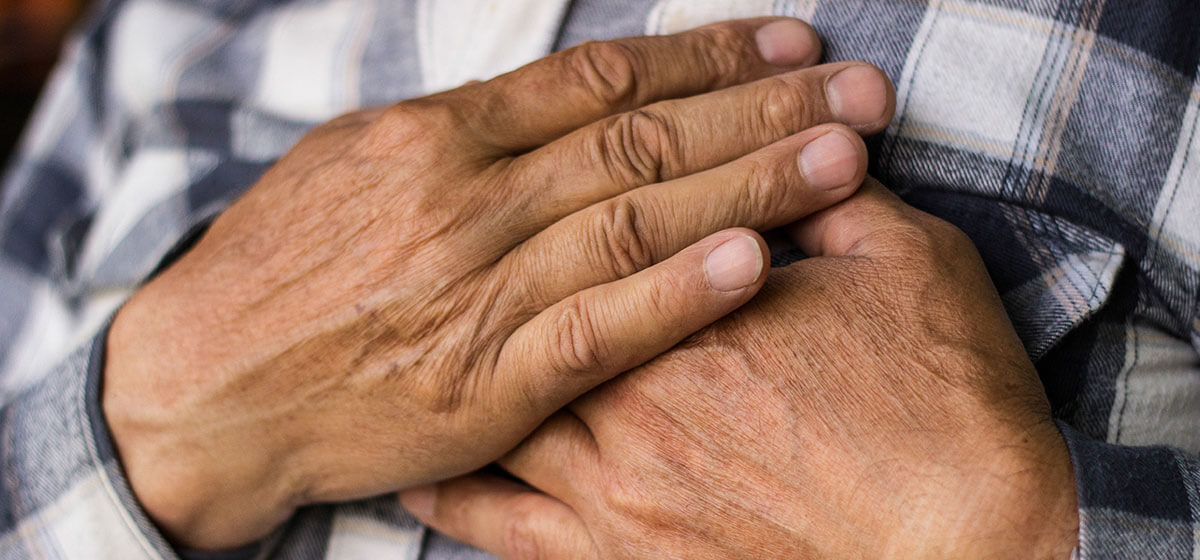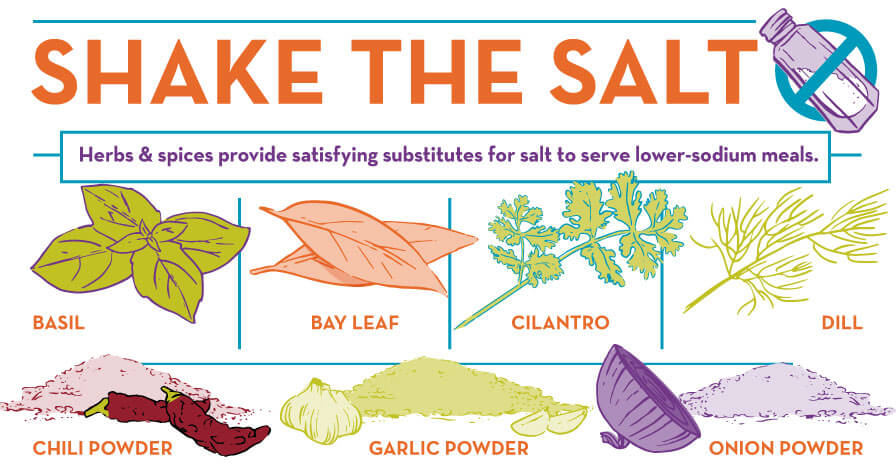Debunking Heart Disease Myths

Heart disease is incredibly common — more than 1 in 10 American adults have been diagnosed, and it’s the leading cause of death. It’s also a condition with its share of myths. Read on as we debunk some commonly believed falsehoods.
Myth No. 1: I’m too young to think about heart disease.
“Most of the process of cardiovascular disease starts in childhood and adolescence. That’s when we begin to put cholesterol and plaque in our arteries,” says John Lynch, MD, a cardiologist with Baptist Health Medical Group in Lexington.
Even though symptoms might not show for decades, people with risk factors such as high blood pressure, high cholesterol or a family history of heart disease need to start making lifestyle changes in their 20s and 30s to cut their risk. Talk to your doctor about when to get your cholesterol and blood pressure checked, based on your age and overall health.
Myth No. 2: Heart disease runs in my family, and there’s nothing I can do about it.
“There are families in which almost everyone has had a heart attack by the age of 50, and people in that family think they are destined for the same thing,” Dr. Lynch says. “They kind of give up hope.”
But medicine has come a long way when it comes to prevention.
“In this day and age, we have tremendous ways of lowering people’s risk of heart attack and stroke with both lifestyle interventions and medications that weren’t available even 10 to 15 years ago,” Dr. Lynch says.
Myth No. 3: I’d know if I were having a heart attack.
Having a heart attack must be a pretty obvious experience, right?
Wrong. The symptoms you see on TV and in the movies aren’t the only ones people experience.
“There are people who feel that if it’s not an elephant sitting on your chest, then it’s not your heart,” Dr. Lynch says. “If it doesn’t radiate to your left arm, it’s not your heart.”
But many people experience different symptoms that can indicate heart trouble: pain between the shoulder blades, something that feels like heartburn, nausea.
He advises seeking medical attention for any unusual chest discomfort, which could occur anywhere from the jaw to the upper abdomen, or in the arms.
“We’d much rather you come in and tell you it was a pulled muscle or a little heartburn than have you sitting at home with a potentially life-threatening illness,” Dr. Lynch says.
Myth No. 4: My shortness of breath and fatigue must be from age.
Although some lung function is lost with age, patients might overestimate how much and fail to mention deficiencies to a physician, Dr. Lynch says.
With lab work and a physical exam, a primary care physician can look into reasons for these symptoms. Anemia and thyroid issues also cause shortness of breath, among other conditions.
Sometimes all the tests come back normal, he says. “Then we can reassure people, ‘You’re just out of shape and need to exercise more.’”
Myth No. 5: Thin people can’t have heart attacks.
“That is completely not true,” says Tracy Bruck, a registered nurse and the chest pain center coordinator at Baptist Health Corbin.
A person’s weight isn’t a good gauge of what the inside of the arteries look like, and it’s not a guarantee that he or she doesn’t have another risk factor. High blood pressure and high cholesterol both exist without symptoms.
“We see skinny people with high blood pressure all the time,” Bruck says.
Myth No. 6: Eating for heart health is too expensive.
Eating healthfully takes thought and practice, but it can be managed on a budget, Bruck says. It does require a plan.
Prioritize your shopping budget to items from the outermost areas of the store, where you’ll find fresh produce, dairy products, and meat. Stay out of the chips and cookies aisles to save money and calories.
If fresh produce is too expensive, consider the frozen variety, which is often much cheaper.
The bottom line?
An undisputed fact to consider when ensuring heart health is that seven factors most influence the development of the disease, Bruck says: blood pressure, cholesterol, glucose, diet, weight, exercise, and smoking. Control those, and you can help reduce your risk.
Discover your heart disease risk by taking this free online assessment.



